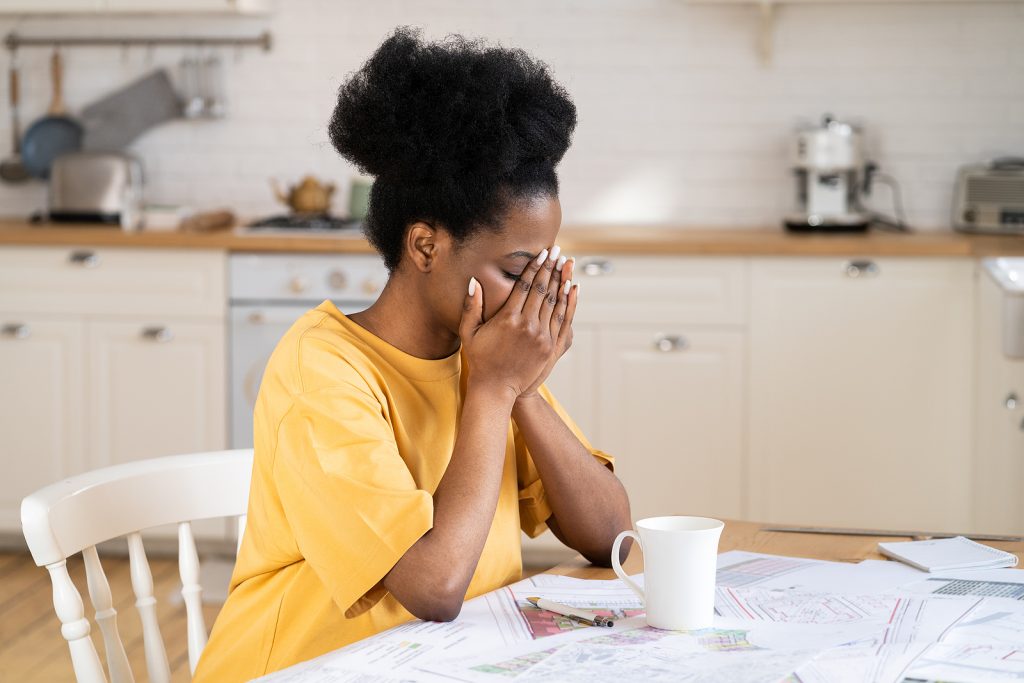Going through bankruptcy is often the first positive step toward financial stability, but there are many rumors attached to it. Many people believe that if they file bankruptcy of any sort that they are at risk of losing their house.
There are two misconceptions here. First, you are only at potential risk of losing your home if you file a Chapter 7 bankruptcy rather than a Chapter 13 bankruptcy. Second, even if you file a Chapter 7 bankruptcy there is still a very good chance that you will be able to keep your home if it has negative equity.
Why does the type of bankruptcy matter?
A Chapter 7 bankruptcy involves “liquidation,” or turning your assets into cash where possible. This is the variety of bankruptcy where the courts may liquidate your personal assets in order to pay off your creditors. This is in comparison to a Chapter 13 bankruptcy, which is a reorganization bankruptcy.
If you file a Chapter 13 bankruptcy you will not lose any of your assets. Rather, the courts will put you on a repayment schedule.
What about equity?
With a Chapter 7 bankruptcy, the fate of your property depends on the equity in the property itself. Equity is the difference between the market value of the home and any mortgages or home equity loans you have on the property.
For the majority of persons who qualify for a Chapter 7 bankruptcy, this is a negative number. If this is the case, it is unlikely the courts will order you to liquidate your property. Thus, in most cases you will be able to keep your property after filing for Chapter 7.











